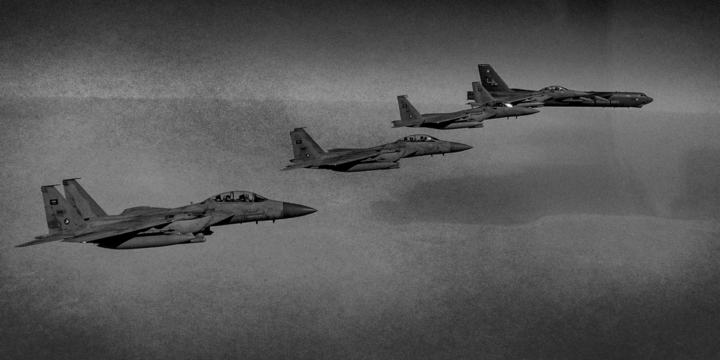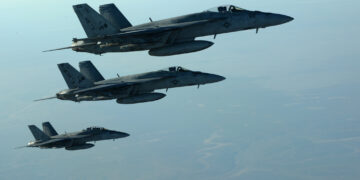
As we approach the anniversary of Hamas’s Oct. 7 attack on Israel, we should reflect not only on the events that transpired but also on the deeper and more universal tragedy of war.
Tragedy, in its classical form, emerges not only from destruction but also from moral conflict — when actors face choices that demand sacrifice, where ideals clash with necessity and where the best intentions still yield suffering. The tragedy of war is not only in the violence it brings but in the moral dilemmas and inevitable human costs it imposes.
Israel’s ongoing struggle with Hamas and Hezbollah provides a stark example of this tragic dynamic. Israel faces these conflicts as a democratic state bound by international law and the principles of just war. Hamas and Hezbollah, in contrast, have built their strategies on the deliberate targeting of civilians and the use of their own people as human shields.
This moral asymmetry places Israel in a tragic position, where no matter how carefully it plans or how precisely it strikes, it cannot fully avoid causing harm to innocents.
Author

Andrew
Latham
Non-Resident Fellow
More on Middle East

Featuring William Walldorf
March 6, 2025
Events on Israel





